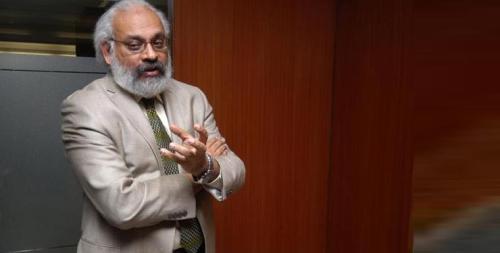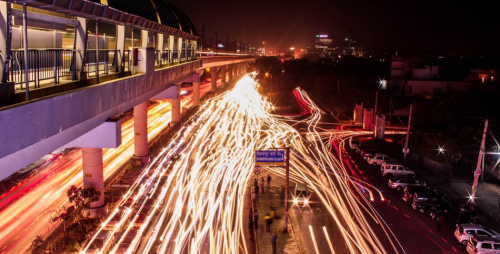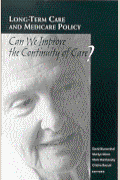Content from the Brookings Institution India Center is now archived. After seven years of an impactful partnership, as of September 11, 2020, Brookings India is now the Centre for Social and Economic Progress, an independent public policy institution based in India.
PTI quoted Brookings India, Director of Research and former RBI Deputy Governor, Subir Gokarn for a story on State Finances Handbook 2015: Brickwork Report.
Reforms are being undertaken in areas like power, urban development, taxation, governance
Former RBI Deputy Governor Subir Gokarn, who released the Handbook, said states have the resources but are not fully capable of utilising them.
“States do have resources but they lack institutional means to utilise that. Some states appear to be at the top on almost indicators, while some are at bottom…we have to enhance capacity of states,” Gokarn said.
According to the report, some states have shown better progress in socially sensitive indicators but their ability to put n place adequate infrastructure for these services will be vital to ensure well-being of citizens.
Further, it said that the Centre needs to encourage more decentralisation and devolve power to states and local bodies.
As per the report, NCT of Delhi ranks highest (97 per cent) in terms of urbanisation followed by Goa (62 per cent), Kerala and Tamil Nadu (48 per cent each). The bottom three are Himachal Pradesh (10 per cent), Bihar (11 per cent) and Assam (14 per cent).
On per capita income, the top three states are Goa, Delhi and Haryana, while those at the bottom are Bihar and Uttar Pradesh.
Read the full article here.
Gokarn, currently the Director of Research at Brookings India, said the Goods and Services Tax (GST) will help create a unified national market and overcome the barrier for movement of goods across states.
India is “politically integrated but not economically” as movement of goods from one state to another is “often more difficult” than across international boundaries.
“So, GST will help us overcome this structural barrier. A combination of direct tax dynamics and transition towards GST will give us an increased efficiency,” he added.






Commentary
States on reform path, need to generate more revenue: Brickwork
October 30, 2015